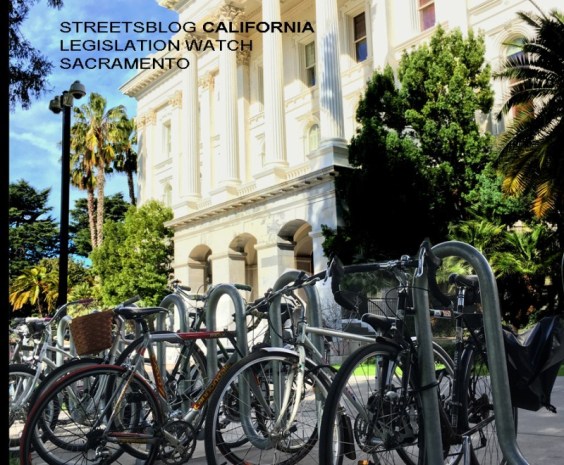The Obama administration's proposal to raise auto fuel-efficiency (CAFE) standards to 35.5 miles per gallon by 2016 could have gone even further in order to reap the maximum environmental and economic benefits of cleaner cars, according to a new analysis [PDF] released today by the Consumer Federation of America.
In his analysis, Consumer Federation research director Mark Cooper used data from federal regulators to compare the pollution and cost savings achieved by the Obama CAFE plan -- which would yield an actual average standard of 34.1 mpg if automakers take advantage of available "credits" -- to a hypothetical standard of 38.1 mpg by 2016.
Cooper found that a 38.1 mpg standard would achieve a net societal benefit of $50 billion, including considerable gas savings for drivers and reductions in pollution (visible in the below chart). Setting that higher standard, Cooper added, would pay for itself within four years and yield a 9 percent return on buyers' investment as the higher cost of more efficient cars was offset by fuel savings.
Cooper wrote in the Consumer Federation report:
The proposed [Obama CAFE] rule delivers far smaller benefits than could be achieved, if the [auto] industry were not holding the agencies back. ...
Even if there were no national security or environmental costs associated with fuel economy, the automobile market has failed to deliver the optimum level of fuel economy for decades and NHTSA has failed to set standards to achieve the optimal level of fuel economy. The cost of owning and operating a vehicle is more than it should be because consumers are using vehicles that consume more gasoline than they should. Adding in the national security and environmental costs of oil consumption and the societal cost of the market failure is even larger.
In a briefing this afternoon, Cooper told reporters that he understood the political rationale for the White House's CAFE deal with the car industry, but he urged the administration to consider coming back for more by hiking fuel-efficiency standards to 45 mpg by 2020.
Helping make the case for a 45 mpg standard, the Consumer Federation also released a new poll that found 78 percent of Americans supporting higher CAFE rules even as gas prices fall below $3 per gallon. An even higher number of respondents, 80 percent, told pollsters they wanted to see all auto ads mention the fuel-efficiency standard of new cars.
Discussing the poll results, Cooper referenced a point made by environmental advocate Dan Becker on Friday: Policymakers should see higher CAFE standards as a tool that's just as powerful as increases in gas prices, which are often touted as the leading route to a cleaner U.S. vehicle fleet.
"Price is only one kind of policy -- it addresses certain kinds of barriers" to more efficient cars, Cooper said. "[Higher CAFE] standards are actually a more efficient way of addressing a lot of the obstacles out there."





